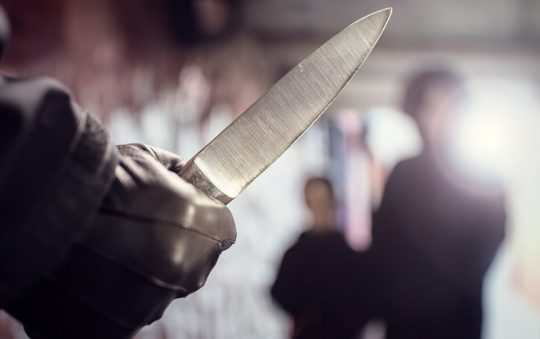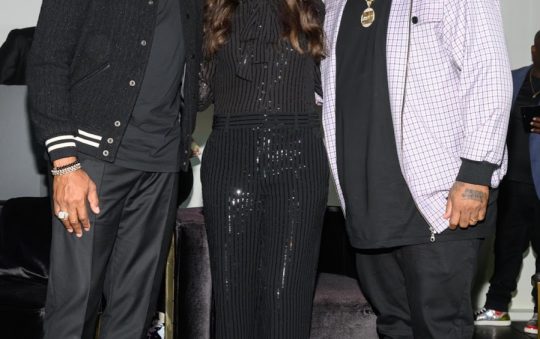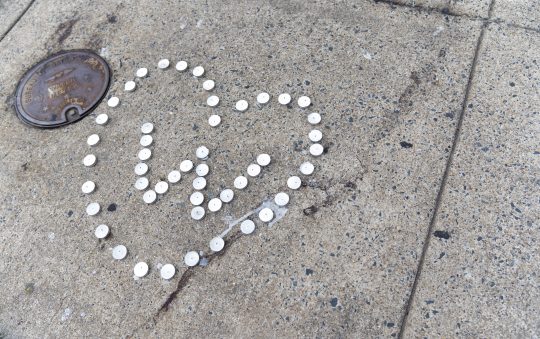
BALTIMORE (AP) Black activists in Baltimore and beyond say they are disappointed but not discouraged after neither of the first two police officers to stand trial in the death of Freddie Gray was convicted.
A number of black leaders said that they had low expectations of seeing anyone found guilty, and that bringing about real and lasting change in the criminal justice system will require action both inside and outside the courtroom, including pushing for new laws and reforms in police procedures.
“You don’t judge a war by winning or losing battles,” said the Rev. Al Sharpton, the longtime civil rights leader. “We’re not prosecutors; we’re activists. If you gauge (the 1960s) by one case, it’s depressing. If you look at the bills that came out of it, you understand the big picture.”
Gray died just over a year ago after suffering a broken neck in the back of a police van while he was handcuffed and shackled but not buckled in. His death triggered the worst riots in decades in Baltimore and added his name to the list of unarmed black people in the U.S. who have died in confrontations with police.
Baltimore’s top prosecutor swiftly filed charges against six officers, two of whom have gone to trial. One case ended with the jury deadlocked; that officer will be retried in the fall. The other case ended on Monday with a judge acquitting an officer of assault and other charges.
“The policies related to policing almost guarantee that police officers will never be held criminally responsible for their actions,” said Baltimore activist DeRay Mckesson, who launched his activism in the wake of the Michael Brown shooting in Ferguson, Missouri, in 2014. “Most of these verdicts merely confirm that understanding.”
At the same time, he and other civil rights activists noted that there are still five trials ahead, including that of the van driver, who faces the most serious charge of all, second-degree murder. And some said that seeing police officers put on trial is itself a sign of progress, regardless of the outcome.
Across the country, demands for accountability in the deaths of unarmed blacks in recent years have met with mixed results.
Prosecutors declined to indict the officers involved in the Ferguson case, the killing of 12-year-old Tamir Rice in Cleveland or the chokehold death of Eric Garner in New York. On the other side of the ledger, Michael Slager, a former police officer in North Charleston, South Carolina, will face trial in the killing of Walter Scott, who was gunned down as he ran away.






